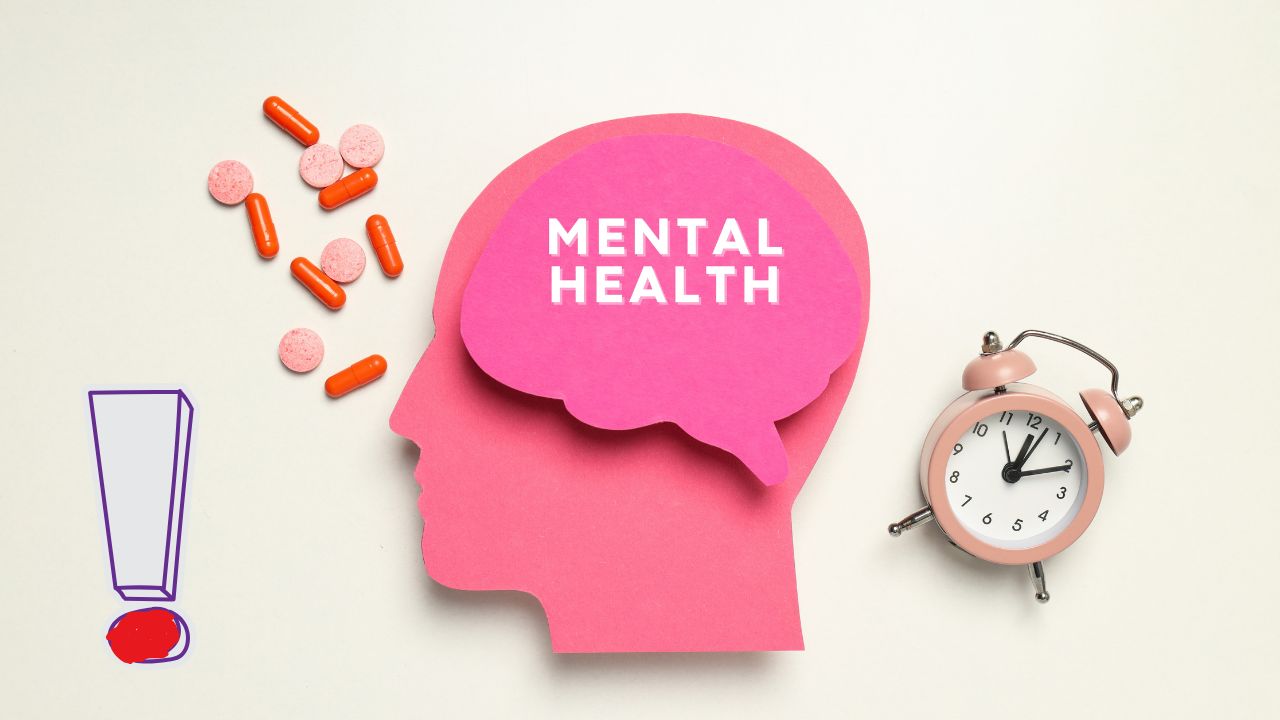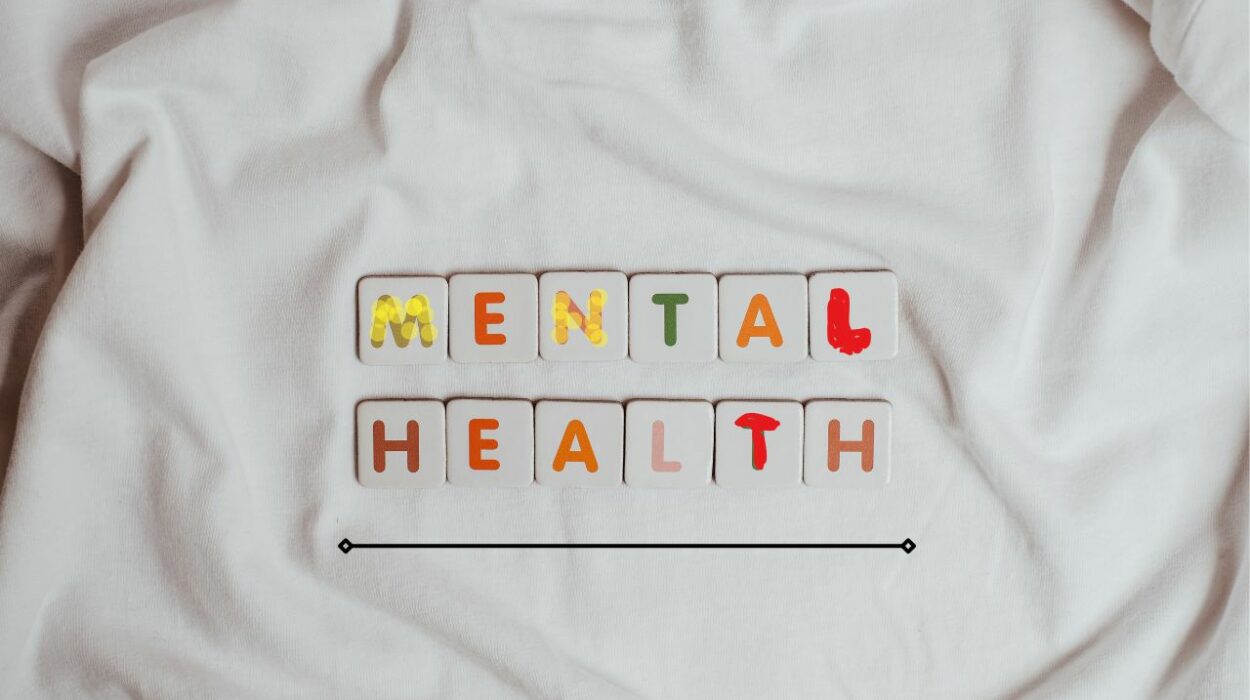Mental health is a broad field. About mental health disorders are diverse, common, and affect almost everyone. A person’s mental health can be said to be in good condition if their mood and way of thinking are in good condition. It is healthy mind and mental well-being. Being mentally healthy and happy can prevent not only mental but also some physical health problems. When it is severely impaired, it can even lead to suicide. That is why it is said that mental health is the key to happiness. The mental health of a living person can be affected by various influences. The main factors are the events that we face in life and our genetics.
In general, if you want to live a healthy life, you need to follow the following points:
- Thinking positively,
- staying physically active,
- helping others,
- getting enough sleep,
- eating a nutritious diet,
- seeking treatment when problems arise,
- living happily in the community,
- and understanding preventive measures.
What is mental illness?
Mental illness refers to a condition in which a person’s thoughts and feelings are disturbed and distorted, resulting in a mental illness. These health problems can be caused by everyday problems or by a sudden, severe social event. In the facts, 1 in 5 people experience a mental health problem, and 1 in 25 suffer from a serious mental illness (SMI). Studies show that SMI is most common in women, and it is most common between the ages of 18 and 25.
According to current research, the basic causes of mental illness are as follows:
- Genetics,
- Environment,
- Daily living habits,
- Biological factors,
- Social environment,
- Employment and financial situation,
- Gender,
- Age,
- Ethnic group, etc.

Mental health disorders
The Diagnostic and Statistical Manual of Mental Disorders (DSM) has classified over 300 mental health disorders into the following categories:
The most basic groups of disorders are as follows:
- Affective Disorders
- Anxiety Disorders
- Mood Disorders
- Schizophrenia Disorders
- Eating Disorders
- Substance Use Disorders
- Child and Adolescent Disorders
- Sleep Disorders
- Sexual Dysfunctions, etc.
Within these groups of diseases, some diseases have many variants, while some mental disorders are limited to one main type. The types of diseases with variants are as follows:
Common Affective Disorders include:
- Major depression
- bipolar disorder
Anxiety disorders are
- Anxiety Disorder
- Generalized Anxiety Disorder
- Obsessive-Compulsive Disorder
- Post-Traumatic Stress Disorder (PTSD)
- Panic Disorder
- Agoraphobia
- Social Phobia
- Specific Phobias
- Acute Stress Disorder
- Adjustment Disorder
- Hypochondriacal Disorder
Mood disorders are
- Dysthymia,
- Atypical Depression,
- Postpartum Depression,
- Mood disorder related to another health condition,
- Substance-induced mood disorder,
- Bipolar Depression,
- Psychotic Depression,
- Seasonal Depression/SAD,
- Major Depressive Disorder,
- Treatment-Resistant Depression,
- Social Anxiety Disorder,
- Dysthymia,
- Depression,
- Stress, etc.
Schizophrenia is
- Schizophrenia,
- Dementia,
- Personality Disorder,
- Hormonal Disorders, etc.
Common mental illnesses in Myanmar
Depression is the number one most common mental illness in Myanmar, and it is the illness most associated with suicide. Other common mental illnesses in Myanmar include:
- Bipolar Disorder,
- Anxiety Disorder,
- Schizophrenia,
- Dementia and
- Alcohol & Substance Misuse Disorder

Dealing with mental health issues
Mental health problems and symptoms can get worse if left untreated. It is important to get the help and treatment you need as soon as possible. If you are not sure whether you have a mental health problem or not, consult a professional. Don’t be afraid to seek help. Mental health problems, like other physical problems, can cause problems in your social life, so it is important to seek treatment as soon as possible. The most important thing is that if you have a mental health problem, you will gradually lose your sense of happiness. That is why it is important to seek treatment as soon as possible.
Mental health symptoms
Mental health is a broad and diverse field, so the symptoms vary somewhat depending on the type of disorder. However, the basic principles remain the same. Common symptoms include:
- Eating too much or losing your appetite
- Insomnia or sleeping too much
- Becoming increasingly distant from your surroundings
- Less desire to engage in activities you enjoy
- Feeling tired and sleep deprived
- Lack of empathy
- Feeling lethargic and immobile
- Unexplained body aches
- Feeling hopeless or helpless
- Increased use of tobacco, alcohol, and drugs
- Feeling anxious,
- Extremely angry,
- Feeling distracted,
- Feeling sad,
- Feeling forgetful
- Feeling depressed,
- Feeling anxious Things like chores and daily activities become erratic
Stress and mood swings during menstruation can also cause these symptoms.
Diagnosis
There are several steps in diagnosing a mental health condition. First, the doctor will examine the physical condition, then the symptoms. After that, the specialist will ask questions and perform that examination. The mental condition and symptoms can be matched to determine the diagnosis. Later, laboratory tests and other medical methods are also used.
Receiving treatment
If you are experiencing any these issues, there are a variety of treatment options available. Mental health conditions are not as simple to treat as physical illnesses. Therefore, different treatment methods may be used depending on the patient.
Treatment methods include:
- Psychotherapy
- Hospital and residential treatment
- Lifestyle treatments and home remedies
- Talk Therapy
- Electroconvulsive Therapy, etc.
You can also read : Coffee Sensitivity Explained: Causes and Solutions
Protecting your mental health
Mental health, like other problems, is a preventable that problem. The best way to prevent that problems is through exercise. Dancing, swimming, walking, and other physical activities can improve your health. For those who suffer from that problems such as stress and anxiety, it can also reduce symptoms. Furthermore, listening to music, eating healthily, getting enough sleep, relaxing, living comfortably, and doing breathing exercises can all help prevent the problems.
Takeaways
Mental health is something that everyone forgets. A person can be healthy but not completely healthy if they are mentally ill. Therefore, I would like to recommend that you pay attention to your and not be shy about seeking treatment if you are suffering.
